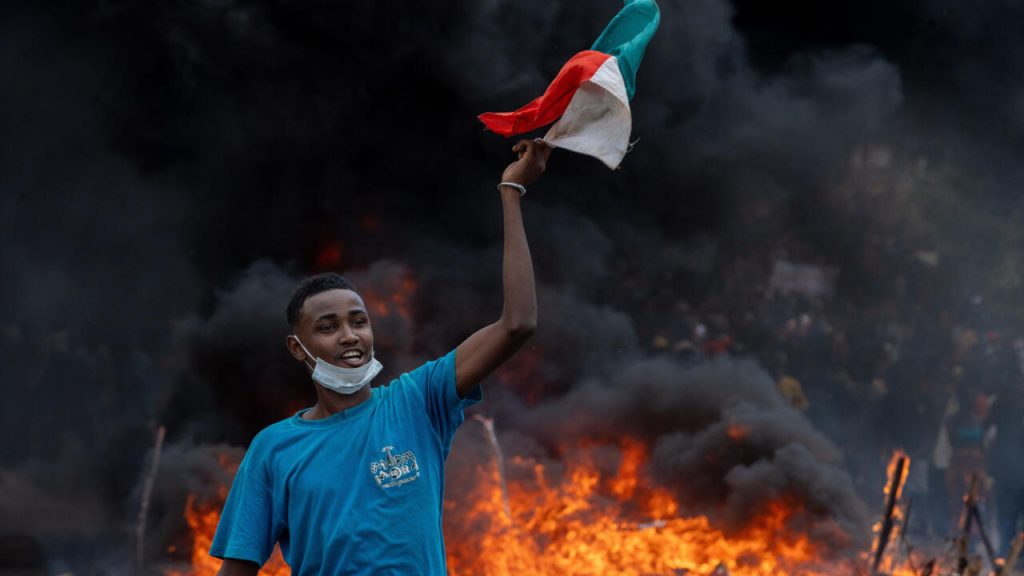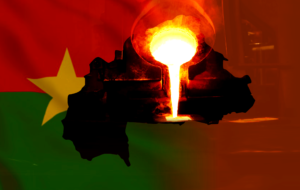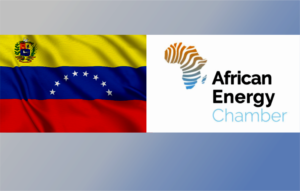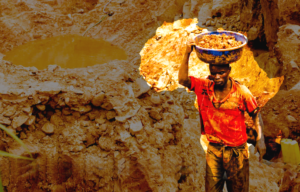Rival Rallies Split Madagascar’s Capital After Deadly Youth-Led Protests

Antananarivo – Madagascar’s capital became a stage for two conflicting visions of the nation’s future on Saturday, as rival rallies filled the streets after nearly a week of deadly youth-led protests sparked by chronic water and power shortages.
What began as frustration over basic services has spiralled into a broader social and political crisis and one of the most serious challenges yet for President Andry Rajoelina.
![]()
In the heart of the city, thousands of pro-government supporters gathered beneath banners declaring loyalty to Rajoelina, chanting that they wanted jobs, not chaos. Many families, dressed in the national colours, said they feared instability more than hardship.
“We have water, we have electricity, it works very well. But let my children go to school,” said one father of three, clutching his young daughter’s hand. His words reflected a sentiment among many who believe the country’s fragile stability must not be risked for political gain.
Across town, the mood was starkly different. Members of Madagascar’s Gen Z movement — young activists frustrated by unemployment, inflation, and broken promises — tried once again to gather in Democracy Square. They were met by rows of riot police, shields raised, blocking every entrance.
For days, these protesters have attempted to occupy the square, seen as a symbolic space for dissent. Each time, they’ve been pushed back with tear gas and, according to witnesses, live ammunition. The United Nations says at least 22 people have been killed and hundreds injured since the protests began, a figure the government disputes.
Student activist Malick Sulleyman, one of the movement’s visible voices, said the double standard is glaring. “As you can see here, there are no soldiers, no police, nothing at all,” he said, standing near a pro-government gathering. “That is not democracy. When it’s Rajoelina’s people, there’s no problem. But when it’s us, we get bullets.”
The unrest has exposed deep generational and class divides. While older supporters of Rajoelina emphasize stability and loyalty, many young Malagasy see little hope in a system they believe serves only the elite. Businesses in the capital remain shuttered, tourism has slowed, and families are increasingly anxious about shortages and curfews.
The government has called for calm, urging citizens not to “be manipulated by foreign influences.” But the tension runs deeper, touching the frustration of a generation raised on smartphones and social media, now demanding accountability from a political order they no longer trust.
As evening fell over Antananarivo, the city’s main square remained empty, ringed with barbed wire and police trucks, a stark symbol of the country’s struggle between control and change.






